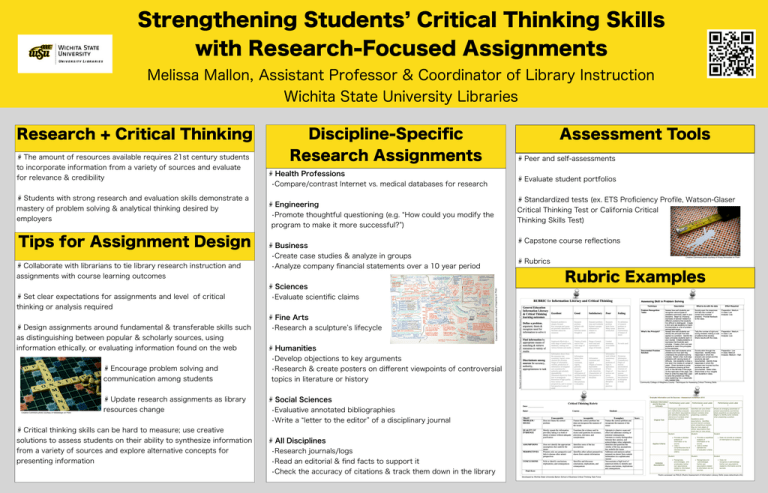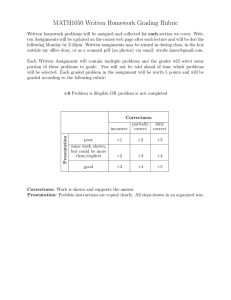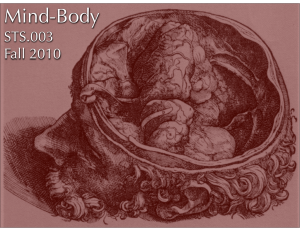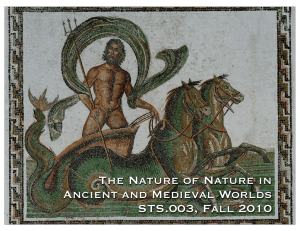Strengthening Students Critical Thinking Skills with Research-Focused Assignments
advertisement

Strengthening Students Critical Thinking Skills with Research-Focused Assignments Melissa Mallon, Assistant Professor & Coordinator of Library Instruction Wichita State University Libraries Students with strong research and evaluation skills demonstrate a mastery of problem solving & analytical thinking desired by employers Tips for Assignment Design Collaborate with librarians to tie library research instruction and assignments with course learning outcomes Set clear expectations for assignments and level of critical thinking or analysis required Design assignments around fundamental & transferable skills such as distinguishing between popular & scholarly sources, using information ethically, or evaluating information found on the web Encourage problem solving and communication among students Creative Commons photo courtesy of hebedesign on Flickr Update research assignments as library resources change Critical thinking skills can be hard to measure; use creative solutions to assess students on their ability to synthesize information from a variety of sources and explore alternative concepts for presenting information Assessment Tools Research Assignments Peer and self-assessments Health Professions •Compare/contrast Internet vs. medical databases for research Evaluate student portfolios Standardized tests (ex. ETS Proficiency Profile, Watson-Glaser Critical Thinking Test or California Critical Thinking Skills Test) Engineering •Promote thoughtful questioning (e.g. How could you modify the program to make it more successful? ) Capstone course reflections Business •Create case studies & analyze in groups •Analyze company financial statements over a 10 year period Sciences •Evaluate scientific claims Fine Arts •Research a sculpture s lifecycle Creative Commons photo courtesy of Krissy.Venosdale on Flickr Rubrics Rubric Examples Humanities •Develop objections to key arguments •Research & create posters on different viewpoints of controversial topics in literature or history Revised & condensed, American University of Rome General Education Advisory Council The amount of resources available requires 21st century students to incorporate information from a variety of sources and evaluate for relevance & credibility Discipline-Specific Creative Commons photo courtesy of birgerking on Flickr Research + Critical Thinking Community College of Allegheny County - Techniques for Assessing Critical Thinking Skills Social Sciences •Evaluative annotated bibliographies •Write a letter to the editor of a disciplinary journal All Disciplines •Research journals/logs •Read an editorial & find facts to support it •Check the accuracy of citations & track them down in the library Developed by Wichita State University Barton School of Business Critical Thinking Task Force Rubric accessed via RAILS (Rubric Assessment of Information Literacy Skills (www.railsontrack.info)





